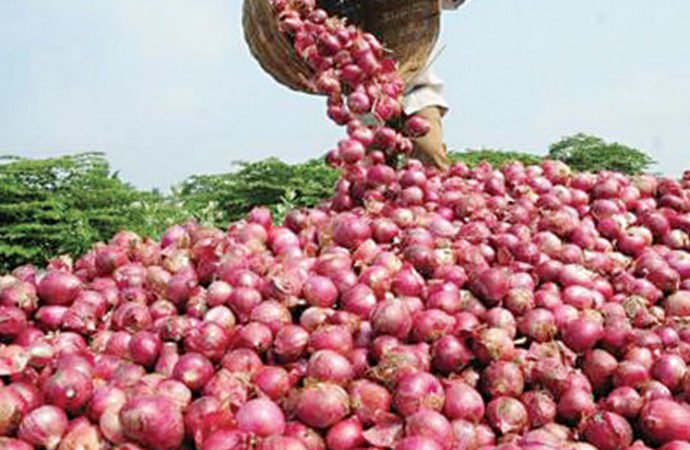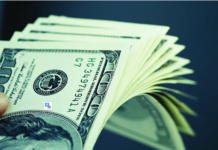
Most of the industries in Bangladesh witnessed drastic fall in profits in the outgoing year due to the protracted pandemic. The pharmaceuticals industry was an exception.
Complete and credible data are yet to be released, but industry leaders say the domestic market saw a handsome growth in 2020.
The industry clocked 17.36 per cent higher export growth during the July to November, bringing home $69.82 million.
“The pharmaceuticals industry achieved good growth as patients have started to visit hospitals again to receive treatment and doctors are seeing patients,” said Rabbur Reza, chief operating officer of Beximco Pharmaceuticals Ltd.
Despite the pandemic, pharmaceutical firms tried to keep their regular operation up and running to supply essential drugs to the markets both at home and abroad. Reza believes the industry achieved more than 10 per cent growth in 2020.
“From April to June, the industry was impacted. Since then, drug-makers have made a turnaround,” said the entrepreneur, adding that the industry may post a 5 per cent growth at the end of the year.
Mohammad Mujahidul Islam, director for marketing and sales at Eskayef Pharmaceuticals, said the industry had done very well amidst limitations. Companies manufactured generic anti-coronavirus drugs that help save many Covid-19 patients around the globe. The pharmaceutical industry demonstrated its capability during the pandemic.
“We were able to manufacture all available Covid-related medicines well ahead of many countries. This preparedness along with the selfless services rendered by our doctors and health service providers have helped in better tackling the pandemic,” he said.
An analysis of listed companies showed profits plunged during the April to June period before bouncing back in the following quarter.
Profits dipped 31.1 per cent to Tk 417 crore in the second quarter compared to the previous quarter.
At the height of the pandemic in Bangladesh, doctors had stopped seeing patients at their chambers, and people were also reluctant to visit physicians to avoid catching the deadly virus. As a result, the sales of prescription drugs dropped.
The profits soared 76 per cent in the July to September period compared to the second quarter as some normalcy returned following the easing of the lockdown.
“We have made tremendous achievement this year along with achieving double-digit growth as companies have given the effort to manufacture anti-coronavirus drugs and other essential medicines,” said SM Shafiuzzaman, secretary-general of the Bangladesh Association of Pharmaceutical Industries.
Manufacturing of anti-coronavirus drugs like Favipiravir and Remdesivir was a tremendous achievement for the industry.
“Local companies showed efficiency to manufacture the generic version of the anti-coronavirus drugs, allowing people to buy them at a reasonable price across the globe,” Shafiuzzaman said.
The industry earned about Tk 150 crore this year from the exports of Remdesivir, a broad-spectrum antiviral medication that has proven to be effective for the treatment of severe Covid-19 cases, said Monjurul Alam, director for global business at Beacon Pharmaceuticals.
Bangladeshi Remdesivir was exported to Central America, Central Asia and Africa.
Eskayef, Beacon, Incepta, Beximco, and Square are producing the generic version of the drug, which was first developed by American biopharmaceutical company Gilead Sciences.
People bought vitamin supplements and antibiotic drugs abundantly to enhance immunity and treat the disease.
Alam said the industry had done well in export markets and registered around 15 per cent growth. However, small manufacturers achieved negative growth.
Md Ziauddin, deputy general manager for marketing of Acme Laboratories, said in the early stage of the pandemic, the industry faced challenges in importing raw materials due to the supply chain disruption globally.
Bangladesh imports around 90 per cent of raw materials from India, China and Europe.
“Pharmaceutical products are essential for all countries. So, exports and domestic sales did not decline despite the Covid-19 outbreak,” said Ananta Saha, international business manager of Renata.
One of the major manufacturers and exporters, Renata ships products to 27 countries and sells nutrition products in bulk quantity to the Unicef for distribution in African countries.
“Although we were unable to approach our clients personally, buyers supported us by communicating online to place fresh orders,” Saha said.
The pandemic prompted medicine-makers to introduce digital marketing to boost sales. “Manufacturers are sincere in developing manufacturing facilities and improving quality,” Saha said.
Bangladesh exports medicines to 145 countries, including a few highly regulated markets such as the European Union and Australia.
Islam said Eskayef did not back down from its responsibilities.
“The clear guidelines from the management were to consider the Covid-19 period as a war and to give our best to serve humanity.”
“Of course, we got hurt, hundreds of our colleagues were turning Covid-19 positive and suffered, but we remained fearless and got the courage to overcome all the challenges and fight the disease to the best of our abilities.”









